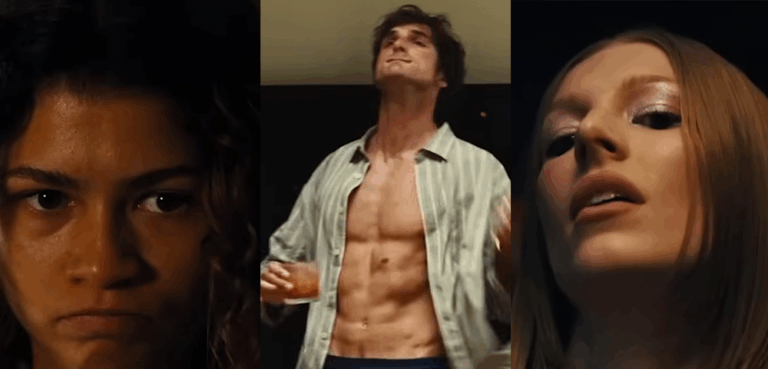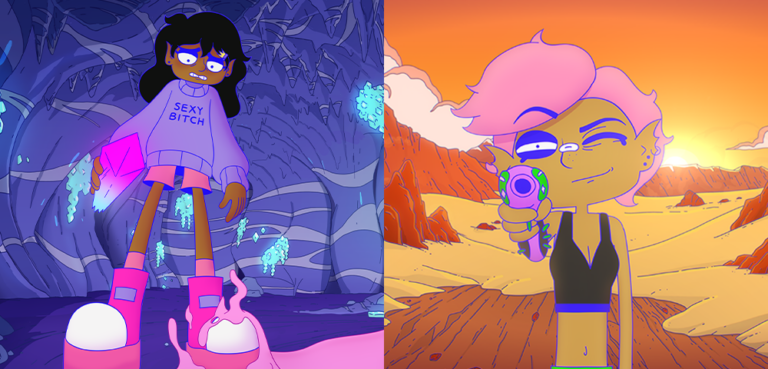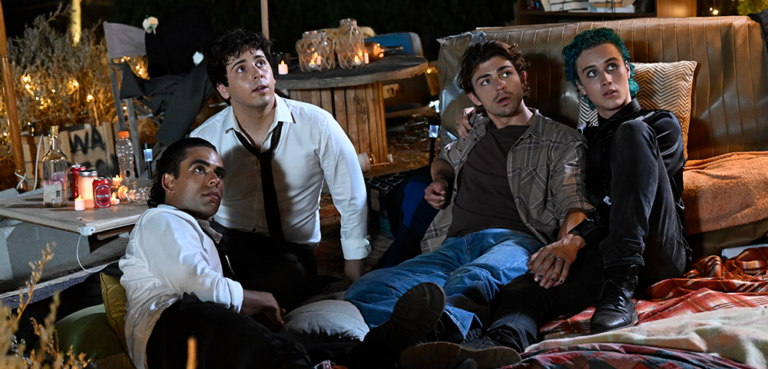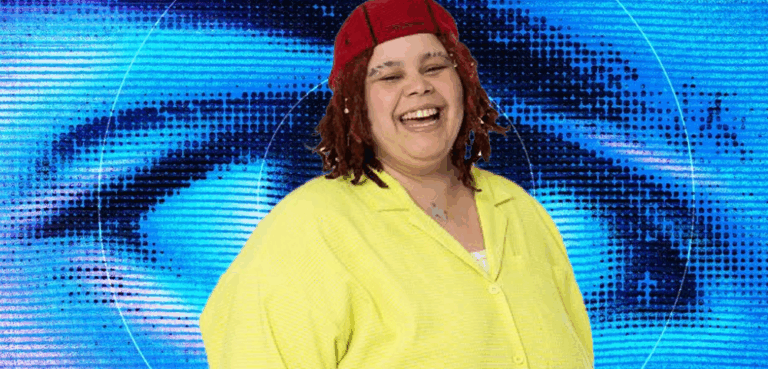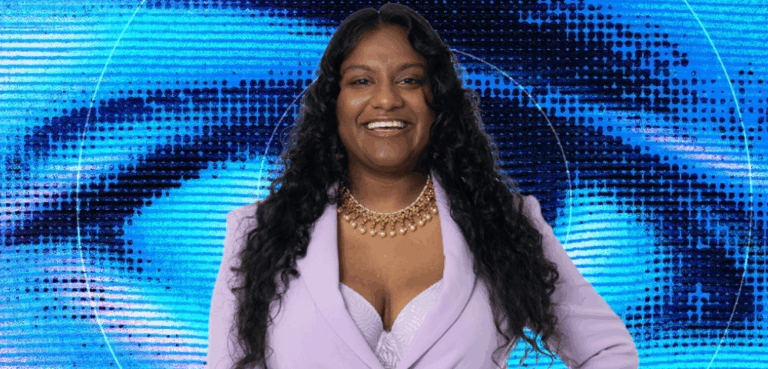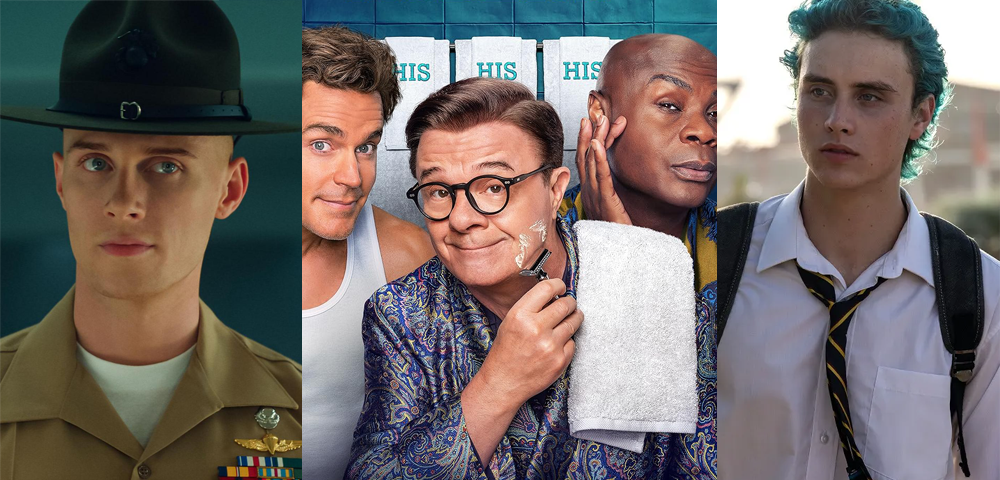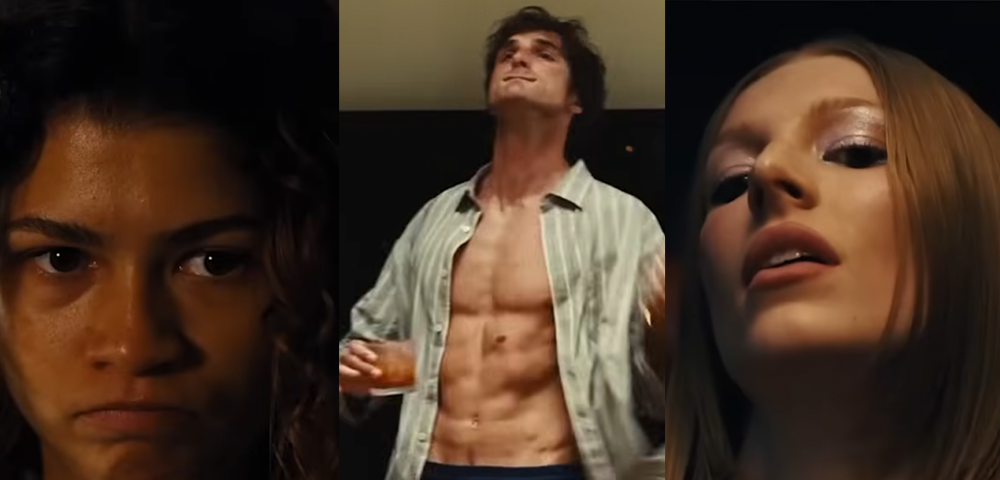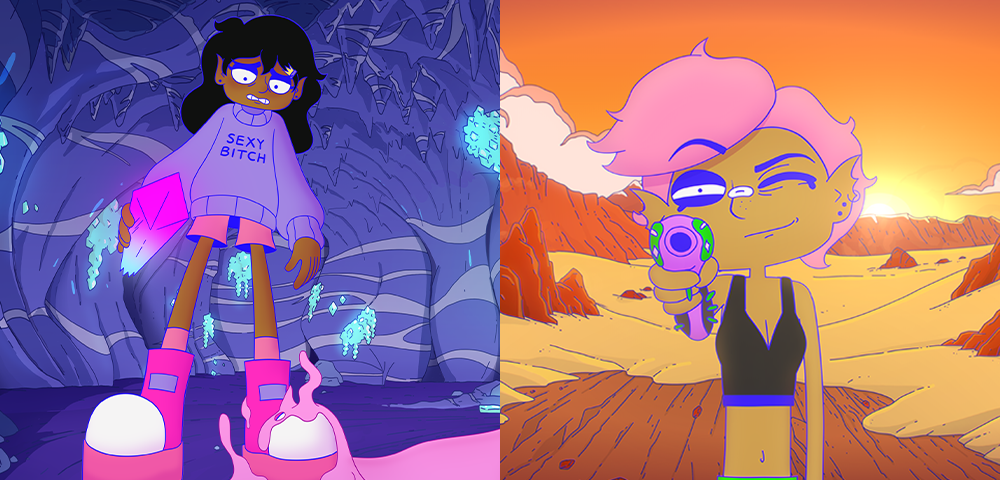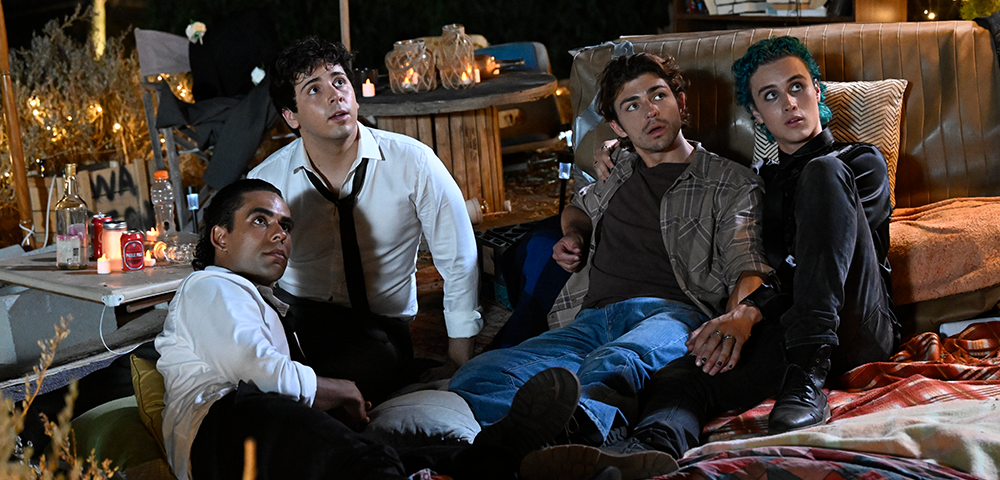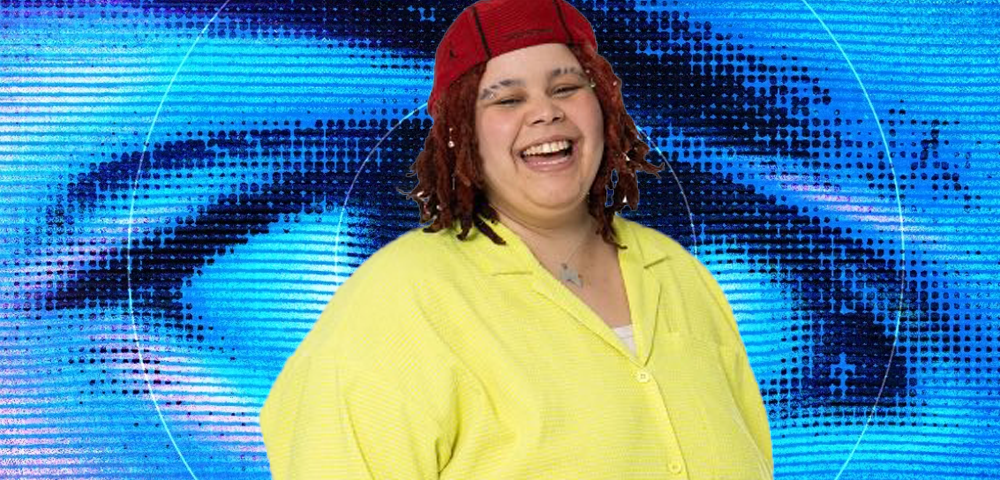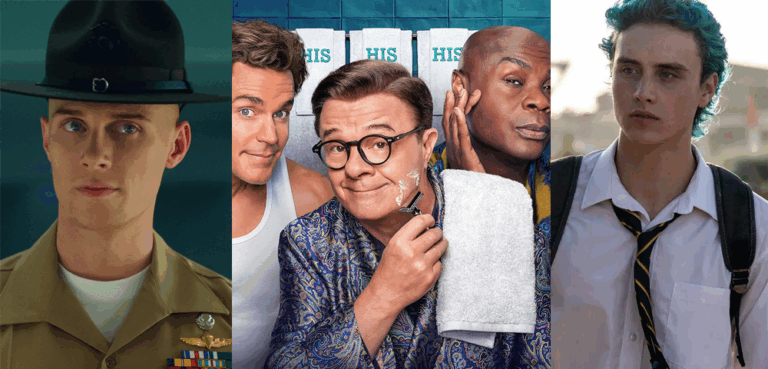
‘Arcane’, Queer Censorship And Why Corporations Aren’t Our Friends
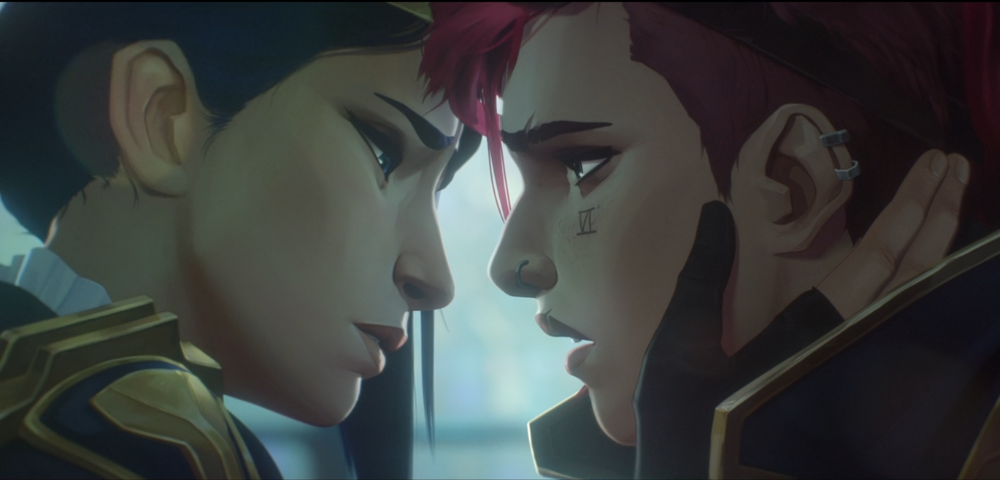
Some spoilers about Arcane follow. Major plot points have been avoided as much as possible.
I, like many people, really enjoyed Arcane. Based on the characters and world of Riot Games’ MOBA League of Legends, the gorgeously animated Netflix series came to a mostly satisfying conclusion two weeks ago; but there’s something that’s been bugging me ever since I finished the series relating to the way that major media companies represent queer characters.
Though it has a strong cast of characters across the board, Arcane has managed to cultivate a huge contingent of LGBTQI+ fans for its many overtly queer and queer-coded characters (there’s no way you’ll convince me Viktor and Jayce’s relationship can be interpreted as “brotherly”). However, of particular interest to us is its most overt queer representation in the characters Vi and Caitlyn.
Vi and Caitlyn are characters from the duelling cities of the marginalised Zaun and wealthy Piltover respectively, and their opposites-attract relationship in season 1 sparked hopes that a real romance between the two was on the horizon – a wish that certainly came true.
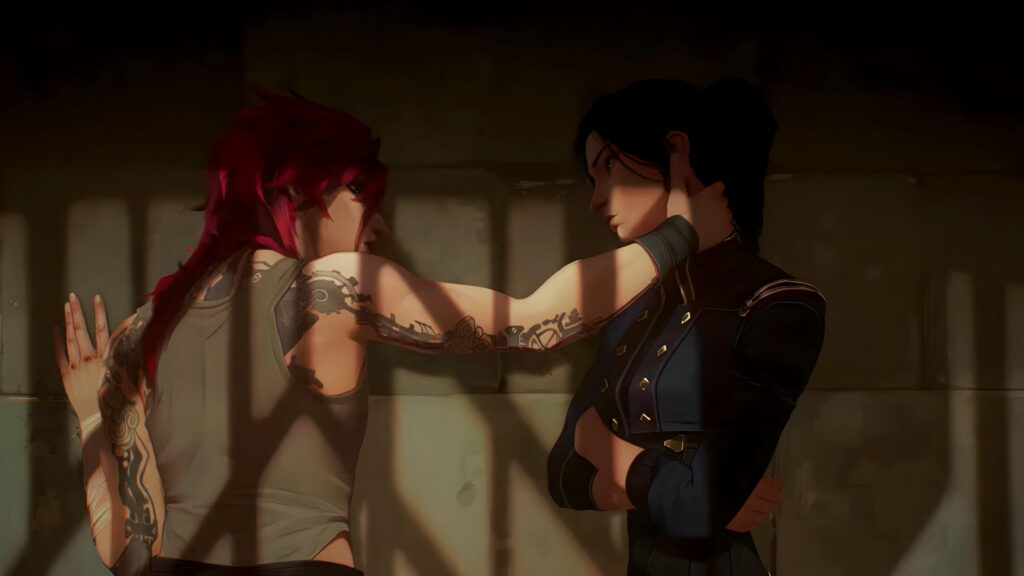
Vi and Caitlyn’s relationship is a thoughtfully written throughline for the whole series, and it’s a genuine delight to see them become unlikely friends, and eventually lovers. Featuring emotional angst in spades, a contextually wild sex scene and a somewhat happy ending for the couple, the validity of their relationship is never questioned by the narrative, which is great to see.
It’s clearly a storyline that the creators cared a lot about too, which brings me to my point of contention with Arcane: many of Vi and Caitlyn’s overtly romantic scenes have been cut in the version aired in China.
Queer censorship in international markets
In 2016, China banned all depictions of gay people on television in an effort to crack down on “vulgar, immoral and unhealthy content.” This meant that any movies, TV or games – Chinese-produced or otherwise – featuring queer content hoping to be shown in China are either rejected or heavily censored.
This has meant supposedly progressive companies in the West have always had a decision to make. Do they fully throw their weight behind queer people and their voices, or will they gladly change the artistic vision of creatives to make more money?
I doubt I need to spell out the answer for that question given just how many media conglomerates who masquerade as progressive have capitulated to these demands. China’s media industry is one of the biggest in the world, and corporations simply don’t want to skip out on that money even if it means being hugely hypocritical.

Disney is one of the worst offenders in this regard, a company so transparently greedy and awful with LGBTQI+ representation that it’s almost comical. Think about how many Disney movies have featured a queer side character that appears for a mere few seconds, or a brief gay kiss that can be easily cut out.
In the video game sphere, Blizzard were more than happy to say that Overwatch’s poster girl Tracer is a lesbian, but only in material outside of the game. This approach to representation is so cynical; queer identities are effectively sold in more progressive countries, while they are excised for cash in conservative ones.
Why queer erasure in Arcane bothers me so much
This brings us back to the case of Vi and Caitlyn in Arcane. What do you do when the queerness of characters is so ingrained into their storylines, yet you also have to sell the show in a market with a huge League of Legends following that doesn’t allow gays on TV?
For the record, I don’t besmirch the creatives behind Arcane for this decision. The writers clearly had a lot of enthusiasm for this plot line, and Vi and Caitlyn’s sex scene was meant to be even more mature before a “slap on the wrist” came from executives (either at Netflix or Riot Games) to cut it down.
Additionally, the way other scenes have been edited just looks totally ridiculous. Vi and Caitlyn’s final scene was reanimated for the Chinese version to erase all signs of intimacy between the two in it; it looks so absurd I have to wonder if it came from deliberate protest by the animators. (Check out the comparison below, though be wary it’s the last scene of the show.)
China gives Arcane a different ending the world is not ready for.#ArcaneSeason2 #Arcane #ArcaneSpoilers pic.twitter.com/pafpzFVIfj
— Gavin (@gavinincinema) November 25, 2024
But I think what frustrates me so much about this particular instance of erasure is the fact that Vi and Caitlyn’s relationship really doesn’t feel tokenistic; the removal of their scenes would actively make their characters and the overall story worse. And yet, these scenes were carelessly excised from the show to maximise profits.
Never rely on big corporations for meaningful allyship
It proves to me what I already knew – that no matter how much they posture as progressive, big corporations cannot be counted as meaningful allies to the queer community.
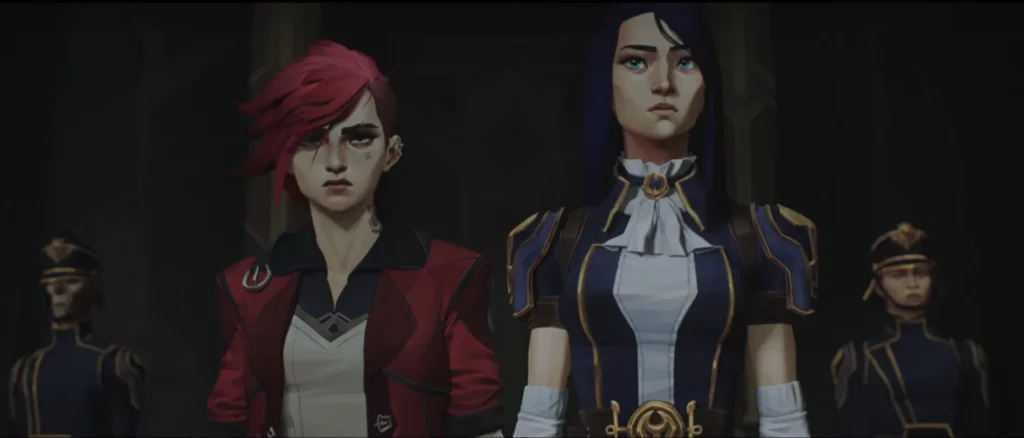
Don’t get it twisted, LGBTQI+ representation in mainstream media is still vitally important. Young queer people seeing themselves represented onscreen can help them with coming out, and exposure to gay characters has been shown to help build tolerance. But it’s also clear that when push comes to shove, corporations will not stand behind the queer community.
This is evident in the way huge international corporations like Walmart and Toyota have begun scaling back their LGBTQI+ inclusion programs, capitulating to the conservatives who will label anything and everything as “woke,” clearly showing that their “allyship” was actually to the wallets of queer people.
It’s still okay to enjoy shows like Arcane, of course. But it’s always worth thinking critically about popular LGBTQI+ representation, especially when the companies producing it won’t even stick up for queer people or their rights when it matters most.
My advice? Seek out meaningful LGBTQI+ stories from smaller creators and teams. Take a gamble on a queer creator telling a queer story. Engage in something so undeniably gay and independent where the passion that went into making it seeps through. And when you do watch popular media with queer representation, don’t be afraid to demand more if you’re given crumbs.
